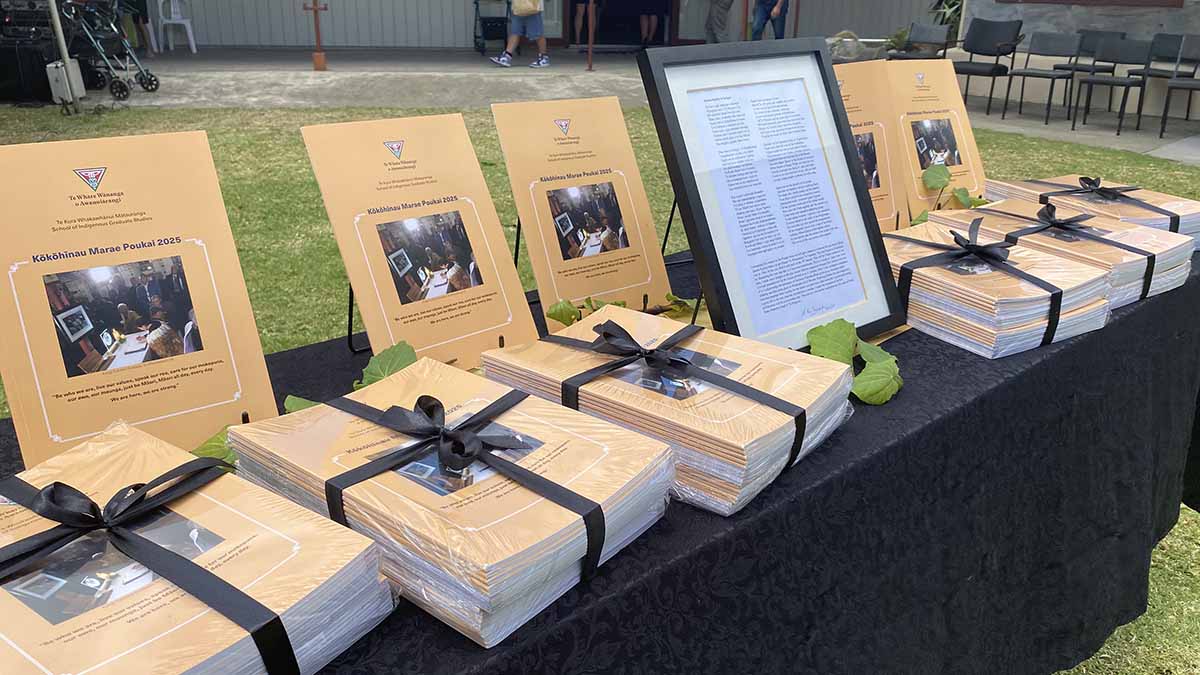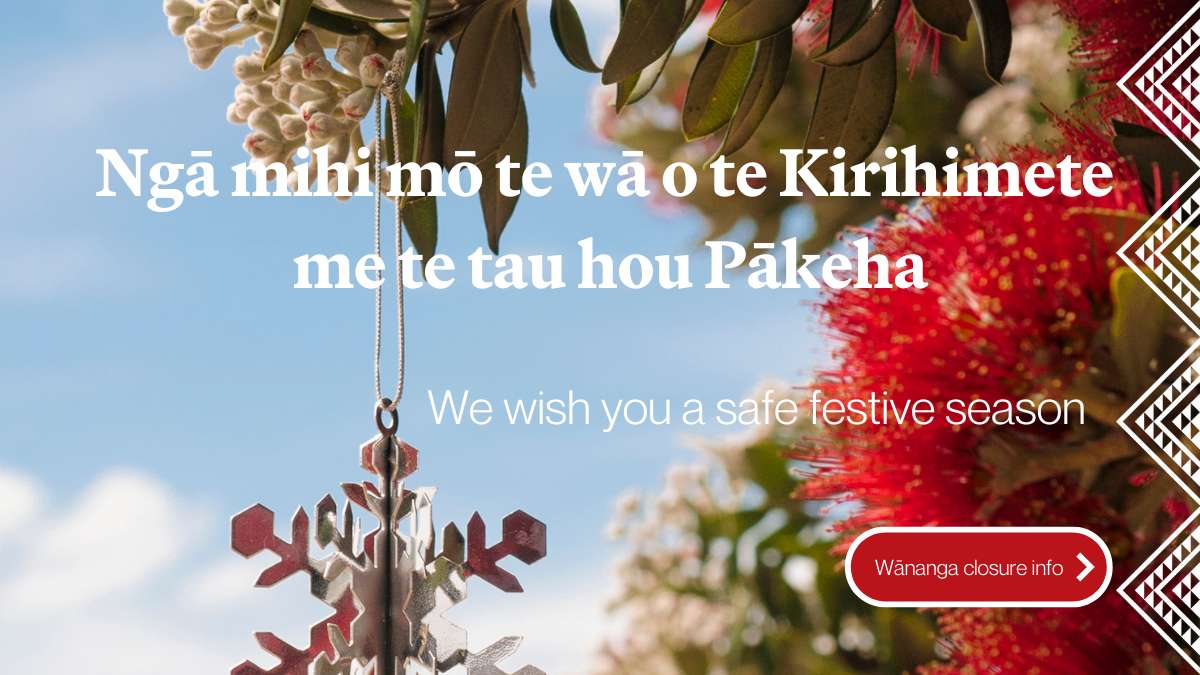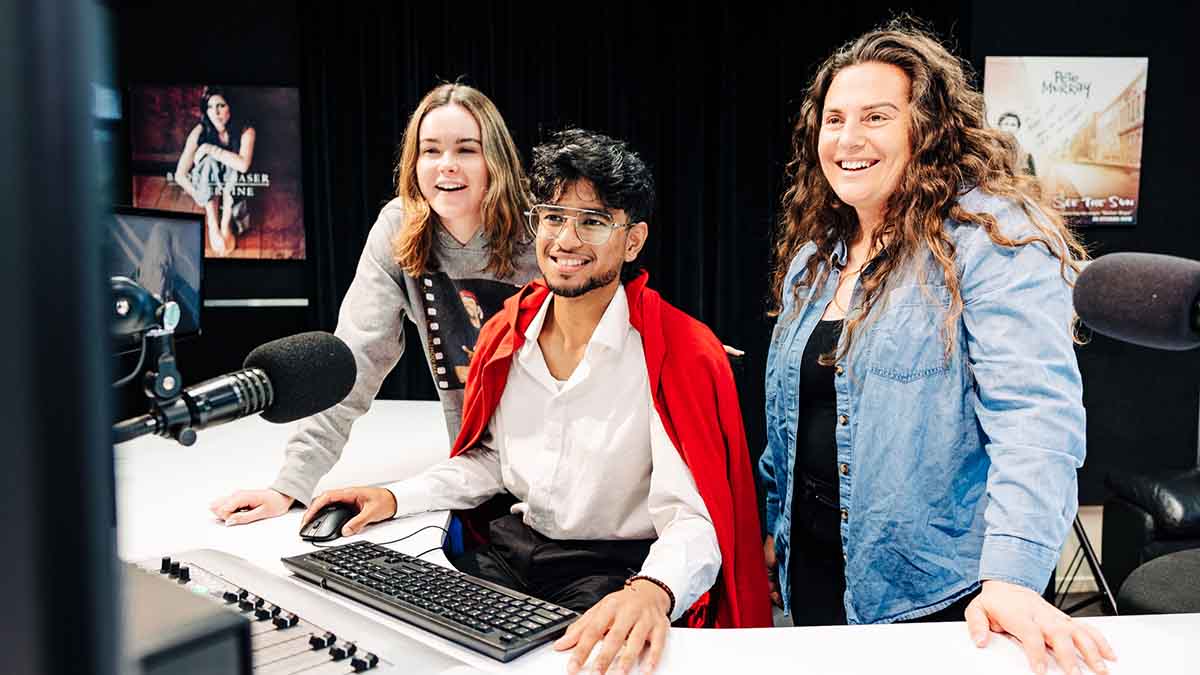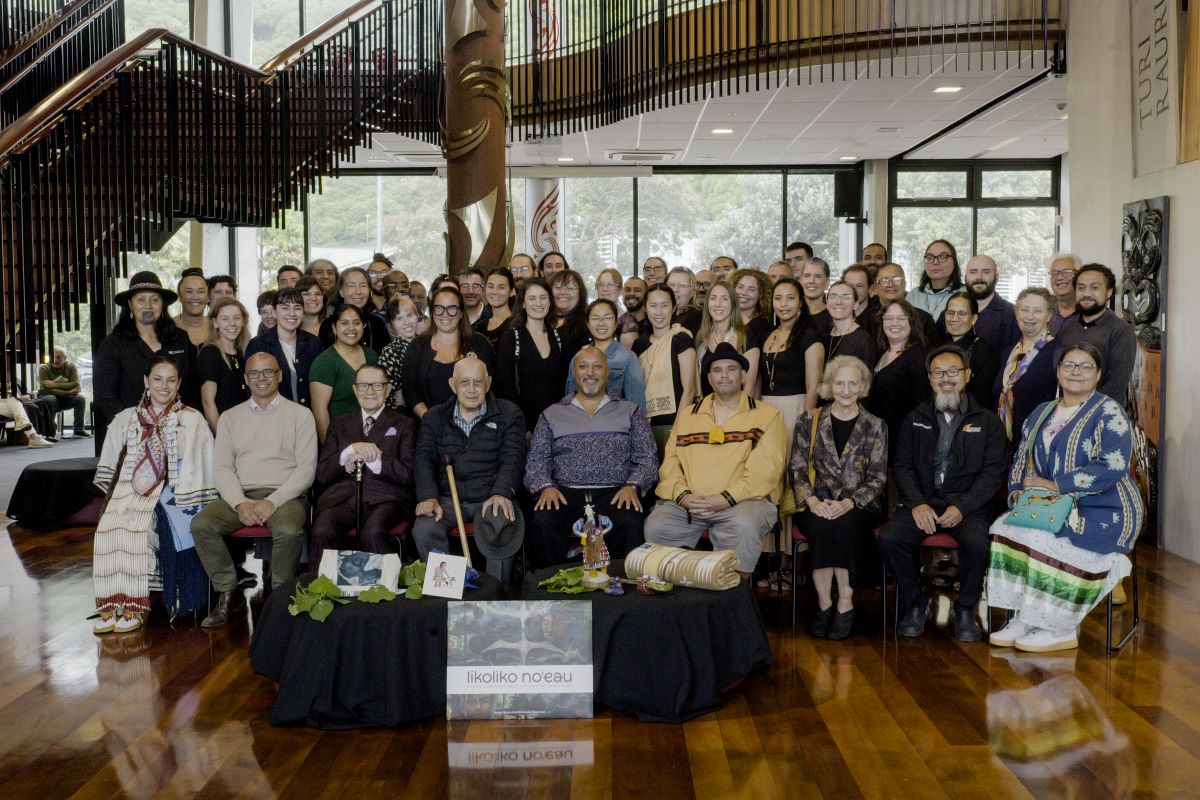Teaching degree goes international
Wānanga takes Aotearoa teaching degree to North America
An Awanuiārangi-led teaching degree will be delivered in the US for the first time in 2025. Fifteen tauira from the Tulalip Tribe based in Washington State have enrolled in Te Tohu Paetahi Ako: Bachelor of Education delivered by Te Whare Wānanga o Awanuiārangi.
Leaders of the tribe met with members of the Awanuiārangi leadership team during a recent visit to Washington, and National Programme Coordinator, Tania Doherty said that both groups were equally excited about working together.
“We are looking forward to delivering our unique Bachelor of Education degree – Te Tohu Paetahi Ako - outside of Aotearoa New Zealand for the first time. This is an opportunity for those wanting to make a difference in the lives of the young people in their communities to gain a university degree centred in indigenous principles and rich learning experiences.
“During the week we spent with the Tulalip people, we talked a lot about the challenge of maintaining indigeneity in an education system that doesn’t always support it. They want to learn from our model and there is so much interest in our programme that it’s likely that we will have a second cohort there ready to go in the second half of next year.
“We will deliver and teach the programme initially and upskill members of the tribe to eventually deliver it themselves within their own language. Their goal is to create a credentialled teaching framework for Native American people across the US.”
Chelsea Craig is the Assistant Principal at Quil Ceda Elementary School in Tulalip and has been teaching on the reservation for over 30 years. For much of that time, she has been the only tribal person teaching her community and she is concerned about the impact of standardised teaching programmes on indigenous children.
“I’ve long had a dream of beginning a teaching programme with indigenous knowledge at its centre. Unfortunately, our local universities are not able to think outside of the box and deviate at all from their existing models to deliver that.
“Awanuiārangi was recommended to me as an alternative and they understood what I was looking for straight away. We’ve been dreaming and planning together for two years and now it’s come to fruition with the first cohort of students beginning in 2025. This programme will empower our people and help us to preserve our history, culture and language.
“I am excited that three of my own children have enrolled in this first year of the programme. They wanted to be teachers, but there was no other university teaching qualification that I trusted for them.”
Awanuiārangi Chief Executive Wiremu Doherty also attended the Washington visit and explained how this is just one example of the interest in the Wānanga model outside of Aotearoa.
“Our indigenous knowledge and expertise are recognised worldwide and attract scholars who are interested in native and indigenous research methodologies. At Awanuiārangi, we currently have doctoral scholars living and completing their studies in Alaska, Canada, the United States, Fiji and Hawaii.
“Delivering our programmes to First Nations, Indigenous and Native peoples fosters the growth of local expertise and builds our collective academic capacity. This emphasises the unique value of indigenous approaches, which add a distinctive and valuable dimension to the delivery of our offerings in these communities and support strong relationships between iwi around the world.
“This also provides an exciting example of how Māori can play an important role as global citizens as our indigeneity has opened this door from Aotearoa to the US.”
Te Whare Wānanga o Awanuiārangi has delivered PhDs in the US and Canada for 16 years, but this is the first undergraduate offering for the Wānanga in North America.
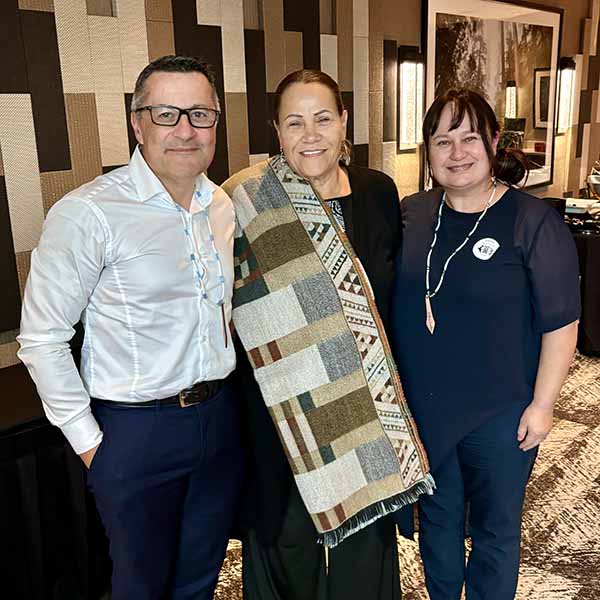
Professor Wiremu Doherty and Tania Doherty with Teri Gobin (centre), chairperson of Tulalip Tribal Council
Whakapā mai/Contact us
Tania Doherty
- Email: tania.doherty@wananga.ac.nz
